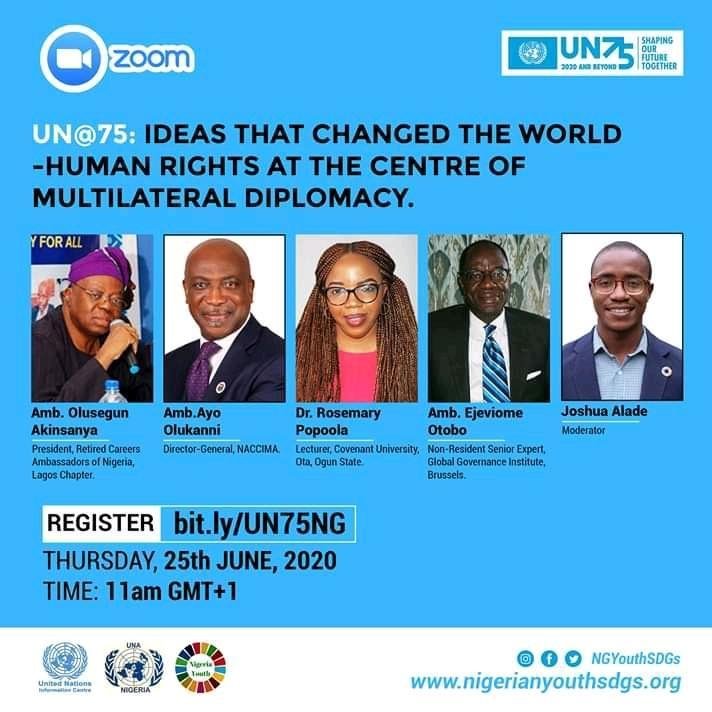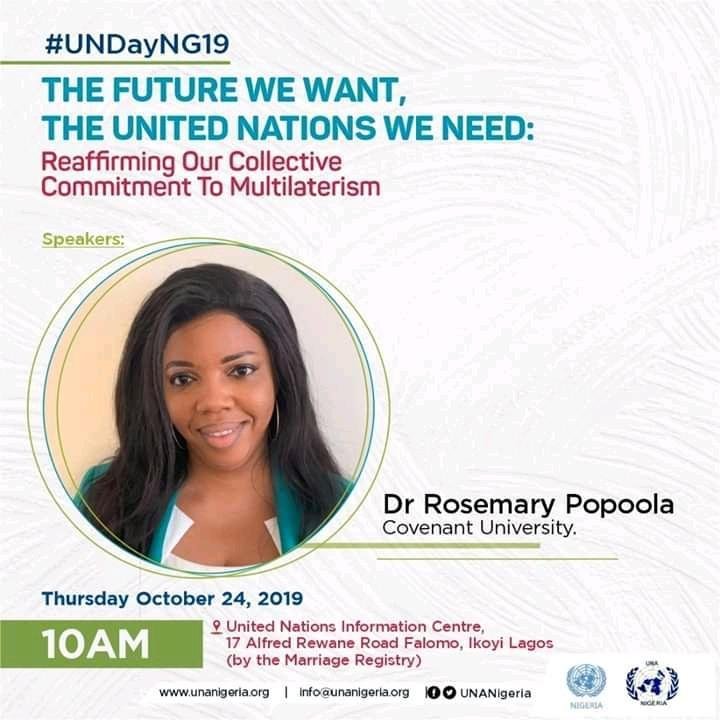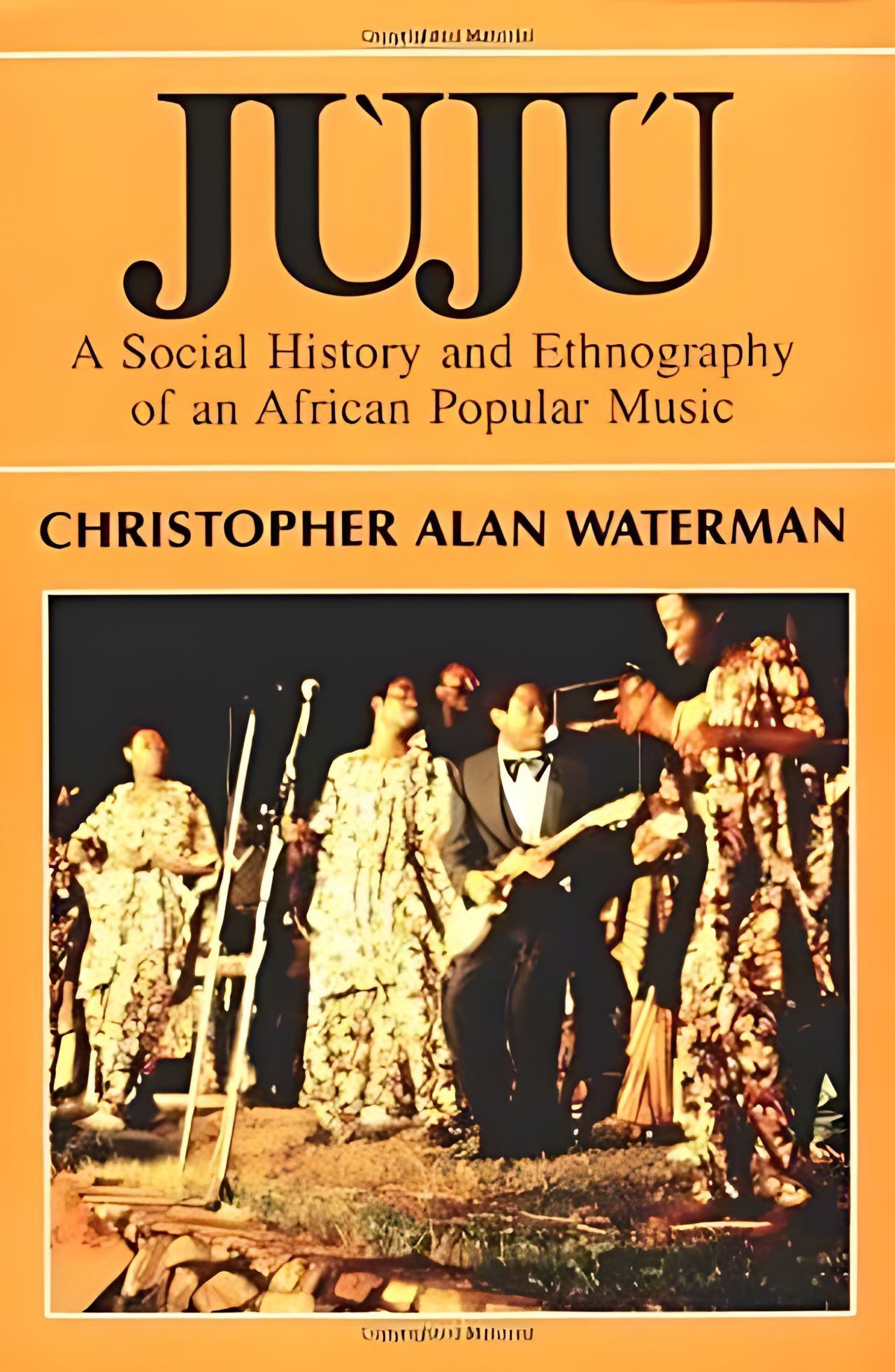
"Rethinking African Popular Music: A Critical Celebration of the 35th Anniversary of Christopher Waterman’s Jùjú"
Rethinking African Popular Music: A Critical Celebration of the 35th Anniversary of Christopher Waterman’s Jùjú"
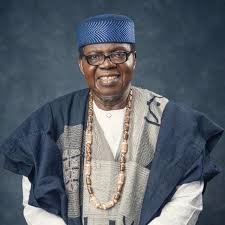
Academic Milliki: We are looking for you! LSA 2025
Ebenezer Obey sang the track " E sa ma Millki"(Continue rocking/enjoying) during the transformative years of the oil boom of the 1970s. This period broadly sparked the vibrant efflorescence of nightlife, clubs, artists, and expressive culture. This song, in particular, is a bricolage of Obey dissing his denigrators, quelling a rumor about smuggling musical equipment, and comparing his fame across the Black Diaspora to James Brown's. As you may know, my research sits at the crossroads of multiple disciplines and overlapping fields in gender, history, sexuality, music, art, and cultural studies in Africa and the Diaspora. The artist or the song's historical context is not my interest, but what it asks us to do. To enjoy, circulate, and rotate.
For many people, an academic conference is not something they look forward to because of all the academic "palavers" that go on there. Personally, I only attended two conferences in my first 6 years (2012-2017) in academia. But that changed in 2017 when I came into contact with the Lagos Studies Association (LSA)
When people tell me academics have no joy, I ask them if they have attended an LSA conference. LSA conference is where panelists bring practitioners to illuminate all the theories and fieldwork they have been doing. It's where scholars talk about the big names of their fields with the same passion you talk about characters in your bible and your favorite television series all day. Then, they return to award nights in the evening, filled with excitement and joy, eating Asun while discussing possible areas of collaboration. It is where scholars across generations and genders have constructive exchanges that trump the toxic gerontocratic hubris and irrational genuflection expected from younger people, which is typical of such exchange before the LSA "revolution." It is where the wealth and depth of scholarly research, as well as innovative and pathbreaking methods that defy disciplinary policing that others are conducting, make you realize how much you are "sleeping" and may need to wake up. It is where you see gracefully older scholars encourage you, share resources, and challenge your thinking without denigrating you. Simply, the LSA conference is an academic milliki.
This year, I invite you to the LSA annual academic Milliki.
The call for papers has been out, and many interesting panels have been proposed; better still, you can propose your own panel.
Personally, I am inviting scholars across fields to the academic Milliki to celebrate Professor Christopher Waterman, one of the doyens and scholars who has shaped and continues to influence scholarship on music in Africa and the expressive culture of the Diaspora.
Maybe you know someone, or you are interested. I encourage you, in the words of Obey, to let this CFP/post " ko ma roteeti were were, ko ma sakulateeti lo were were, leso leso ko ma yi lo." In other words, let this post rotate, circulate, and widely, gently, and .......
Photo credit: google. If you own the right to the image, kindly email popoolarosemary@gmail.com.

Author Meets Readers: Engaging Fela and Me by Sandra Izsadore (Kraft Books, 2019)
Highlights of LSA 2024
Author Meets Readers: Engaging Fela and Me by Sandra Izsadore (Kraft Books, 2019)
Chair and Panel Organizer: Rosemary Popoola (University of Wisconsin-Madison)
Discussants
Msia Kibona Clark (Howard University)
Oluwatoyin Olokodana-James (University of Lagos)
Jesse Weaver Shipley (Dartmouth College)
Micheal Veal (Yale University)
Panel Description
Most scholars of Afrobeat and popular music affirmed that Afrobeat is unlikely to be the genre of music that Fela founded without his African American lover Sandra Izsadore. Fela applied or domesticated the Global Blackness of everyday life to espouse the lived realities of postcolonial Nigerians. In this memoir, Sandra weaves together never-heard or told insider insights and stories about one of the most popular African genres-Afrobeat, drawing on a rich personal archive of pictures, memories, and moments to offer readers a window into her life and relationship with one of the most prolific and iconic music legends of 20th century Africa. From their first intimate encounter in the US in the late 1960s, her personalized lectures to him on Global Black histories, her first visit to Nigeria, the Queers/ing of Kalakuta, and other stories that will keep you turning the pages until the end. Her contribution enriches and shifts existing scholarly knowledge on Afrobeat as one of the most widely circulated African genres. Her writing is clear, vulnerable, transparent, with no holdback, and devoid of academic jargon, making it accessible to the public.
This book and Sandra's relationship with Fela, both at personal and creative levels, testify that the Global Black Atlantic connection is beyond the middle passage, slavery, and plantation. Instead, it is the connection and continuous flow of ideas, sounds, language, dress, a two-way and multiple-way movement, circulation, and arguably tensions that bind Africans and the African Diaspora in an inextricable bond that has been nurtured, cultivated, and cared for and maybe neutered. Atlantic, then, is the pattern of cultural, intellectual, and political exchange that makes the cultural identity of the Atlantic a culture of movement, flow, exchange, borrowing or loaning of ideas, syncretization, and hybridity that involves Blacks in places beyond their immediate environment.
This panel celebrates her contribution to Afrobeats, Fela, and Black Atlantic connections and opens new pathways for studying African and African Diaspora continuous connections. Regardless of limitations, a personal narrative like Fela and Me offers enhances literary and cultural studies and, more broadly the postcolonial African Incredibles.
Sandra Izsadore's book, co-authored with Segun Oyekunle "FELA and ME" now available on sandraizsadore.com
New Music "Run Run feat Erah Gunz, now available on Apple Music
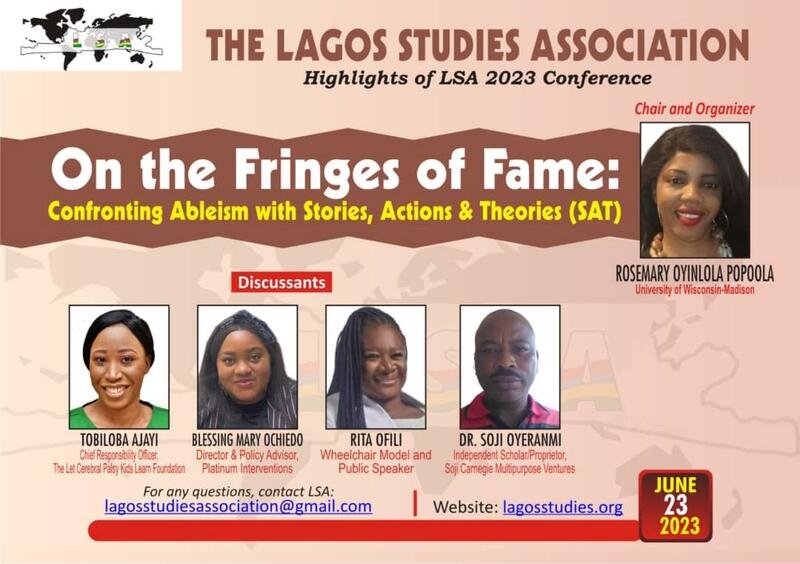
On the Fringes of Fame: Confronting Ableism with Story, Action, and Theories( SAT)
Highlight of LSA 2023
On the Fringes of Fame: Confronting Ableism with Stories, Actions & Theories (SAT)
In Things Fall Apart, Chinua Achebe suggests that Okonkwo’s temperance and behavior could be understood within the context of a different ability in a world that prioritizes, privileges, and marginalizes other skill sets. Okonkwo "had a slight stammer" (p.1). Thus, he compensates with his hand and strength that which he lacks in a world that celebrates verbal dexterity. Achebe writes that Okonkwo has physical strength in a world where "the art of conversation is regarded very highly, and proverbs are the palm oil with which words are eaten" (p.2).Okonkwo's response to his world of ableism can be read in diverse ways. It could be read as agency, activism, and resistance against an order of coloniality of sound/word. How do we navigate ableism in a world that prioritizes certain skill sets? What do we do when systems do not support “how we are” and live in this world? Specifically, Ableism sits at the margins of conversation in higher education and the workplace in Africa and, more specifically, Nigeria.
This panel continues the conversation in the session “On the Fringes of Fame: Subalterns in African Celebrities Studies.” However, instead of featuring conventional academic paper presentations, it focuses on the real-life experiences of activists, NGO experts, and caregivers who have committed their careers and lives to confront Ableism in its multiple manifestations. Our panelists inhabit a world with different skill sets and abilities in domains that seek to erase them and within a society that pays lip service to disability rights. They are celebrities in their various vocations and professions and have contributed significantly to disability discourse, online and offline, uniquely and distinctly.
The panel comprises a pharmacist, a lawyer, an academic and caregiver, and a wheelchair model. The panel centers disability from the margins. Panelists would share their stories of inclusion or exclusion as they navigate their educational goals, the experience of diversity and inclusion, and tips for inclusive classrooms for different learning and physical needs in higher education and what they each consider the most urgent need in confronting and addressing ableism in higher education.
Chair and Organizer
Rosemary Oyinlola Popoola (University of Wisconsin-Madison)
Discussants
Tobiloba Ajayi (Chief Responsibility Officer, The Let Cerebral Palsy Kids Learn Foundation)
Blessing Mary Ochiedo (Director and Policy Advisor, Platinum Interventions)
Rita Ofili (Wheelchair model and public speaker)
Dr. Soji Oyeranmi. (Independent Scholar/Proprietor, Soji Carnegie Multipurpose Ventures)
